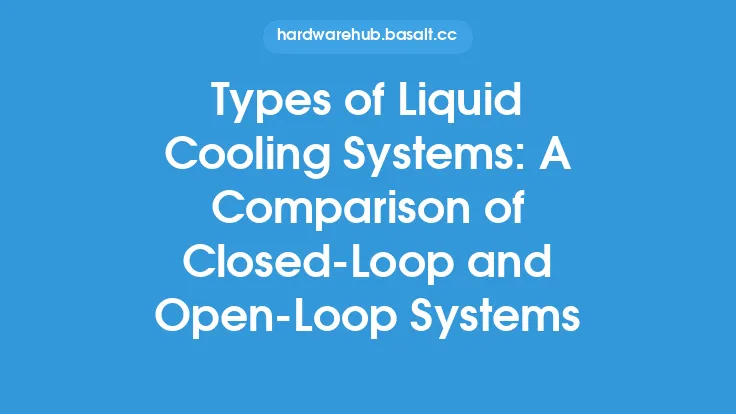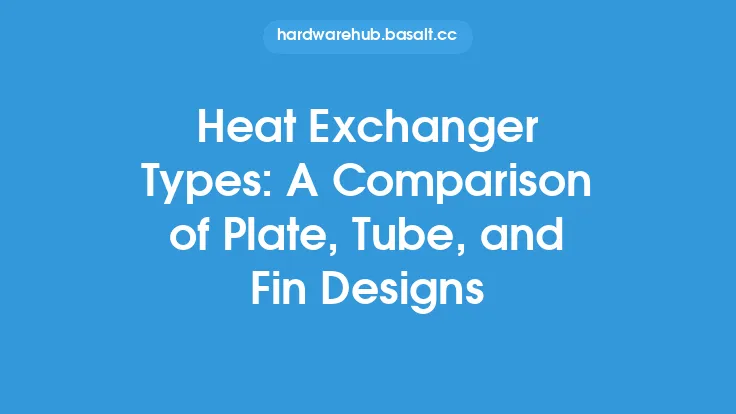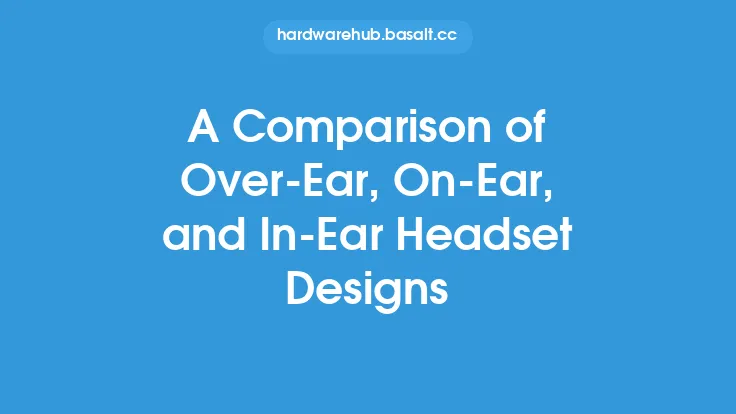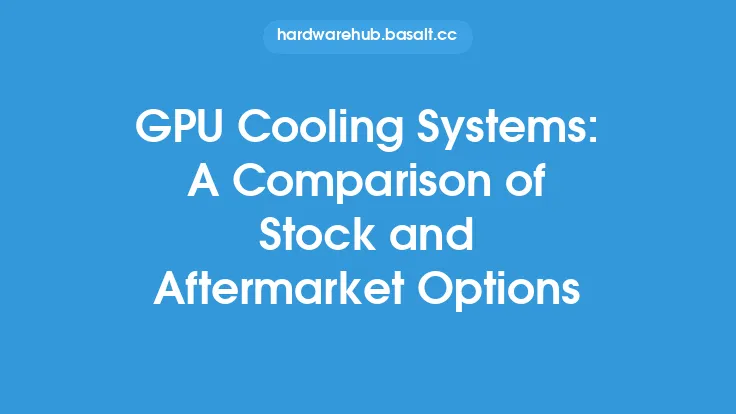When it comes to choosing a monitor, one of the most critical factors to consider is the type of panel used. The panel type determines the overall image quality, viewing angles, and color accuracy of the monitor. There are three main types of monitor panel technologies: IPS (In-Plane Switching), TN (Twisted Nematic), and VA (Vertical Alignment). Each has its strengths and weaknesses, and understanding the differences between them can help you make an informed decision when selecting a monitor.
Introduction to IPS Panels
IPS panels are known for their excellent color accuracy and wide viewing angles. They work by aligning the liquid crystals in a plane parallel to the substrate, which allows for better control over the alignment of the crystals. This results in more accurate color representation and a wider range of viewing angles. IPS panels are often used in professional graphics and video editing applications where color accuracy is critical. They are also a popular choice for gamers who want a high-quality gaming experience. However, IPS panels can be more expensive than other types of panels, and they may have a slightly slower response time.
Introduction to TN Panels
TN panels are the most common type of panel used in monitors. They are known for their fast response time and low cost. TN panels work by twisting the liquid crystals to block or allow light to pass through. They are often used in budget-friendly monitors and are a popular choice for gamers who prioritize fast response times over color accuracy. However, TN panels have limited viewing angles and may exhibit color shift when viewed from the side. They are also more prone to ghosting and motion blur, which can be distracting during fast-paced games.
Introduction to VA Panels
VA panels are known for their high contrast ratios and deep blacks. They work by aligning the liquid crystals perpendicular to the substrate, which allows for better control over the amount of light that passes through. This results in deeper blacks and a more cinematic viewing experience. VA panels are often used in monitors designed for gaming and video watching, where high contrast ratios are important. They are also a popular choice for photographers and graphic designers who want accurate color representation. However, VA panels can be prone to color shift and limited viewing angles, similar to TN panels.
Comparison of IPS, TN, and VA Panels
When comparing IPS, TN, and VA panels, there are several key factors to consider. Color accuracy is one of the most important factors, and IPS panels are generally considered to be the most accurate. They offer a wider range of colors and more precise control over color representation. TN panels, on the other hand, can be prone to color shift and limited color gamut. VA panels offer good color accuracy, but may not be as precise as IPS panels. Viewing angles are also an important consideration, and IPS panels offer the widest range of viewing angles. TN and VA panels can be prone to color shift and limited viewing angles, which can be distracting when viewing the monitor from the side.
Technical Differences Between IPS, TN, and VA Panels
From a technical standpoint, the main difference between IPS, TN, and VA panels is the way the liquid crystals are aligned. IPS panels align the crystals in a plane parallel to the substrate, while TN panels twist the crystals to block or allow light to pass through. VA panels align the crystals perpendicular to the substrate, which allows for better control over the amount of light that passes through. The alignment of the liquid crystals affects the overall image quality, viewing angles, and color accuracy of the monitor. IPS panels also tend to have a higher pixel density than TN and VA panels, which can result in a sharper and more detailed image.
Choosing the Right Panel Type for Your Needs
When choosing a monitor, it's essential to consider your specific needs and preferences. If color accuracy is critical, an IPS panel may be the best choice. If you prioritize fast response times and low cost, a TN panel may be a better option. If you want a high contrast ratio and deep blacks, a VA panel may be the way to go. It's also important to consider the intended use of the monitor. For example, if you'll be using the monitor for gaming, a fast response time and low input lag may be more important than color accuracy. On the other hand, if you'll be using the monitor for professional graphics or video editing, color accuracy and wide viewing angles may be more critical.
Conclusion
In conclusion, the type of panel used in a monitor can have a significant impact on the overall image quality, viewing angles, and color accuracy. IPS, TN, and VA panels each have their strengths and weaknesses, and understanding the differences between them can help you make an informed decision when selecting a monitor. By considering your specific needs and preferences, you can choose a monitor with the right panel type to meet your requirements. Whether you're a gamer, graphic designer, or simply looking for a high-quality monitor for everyday use, there's a panel type out there that's right for you.





